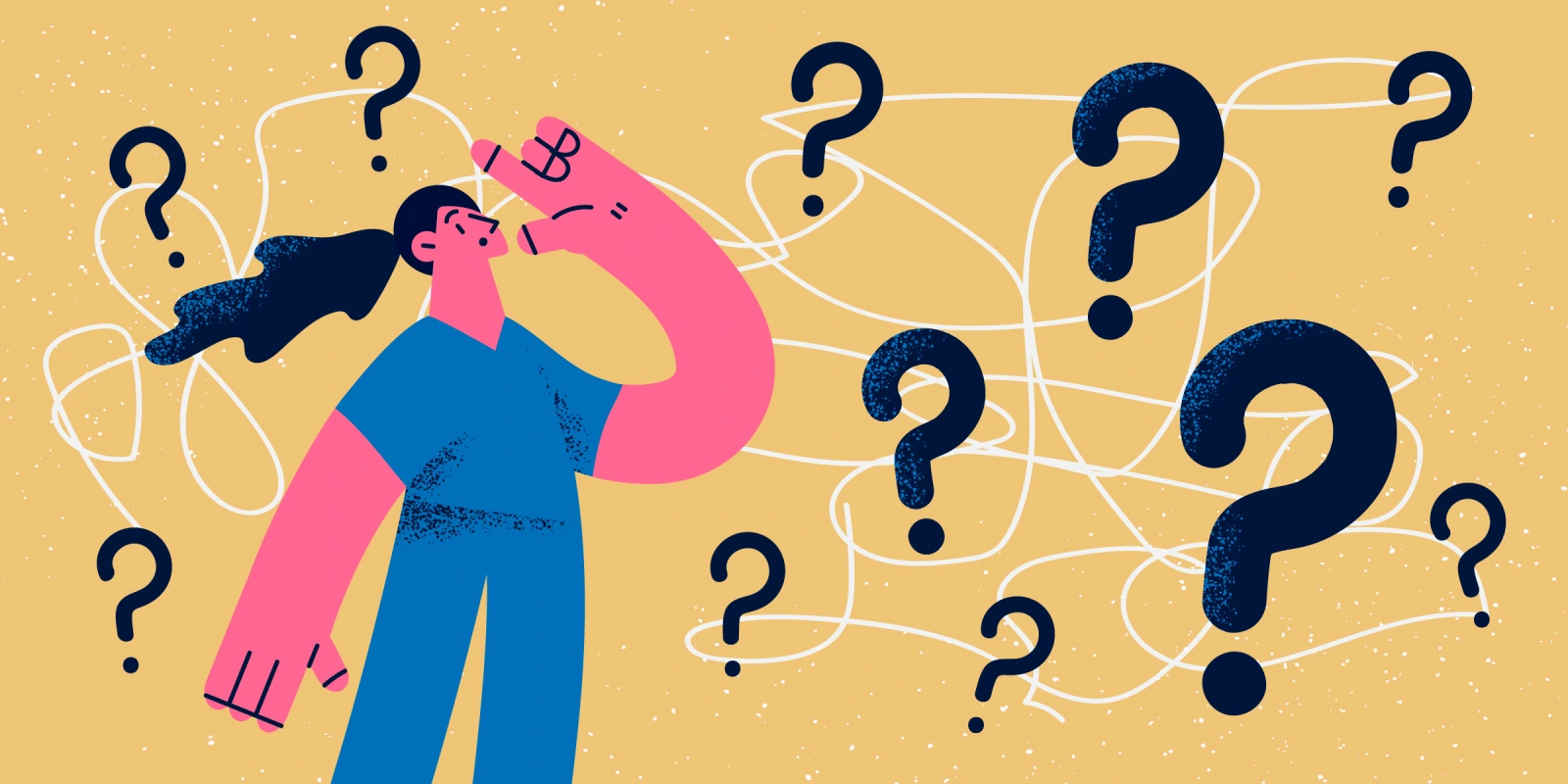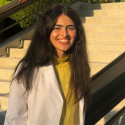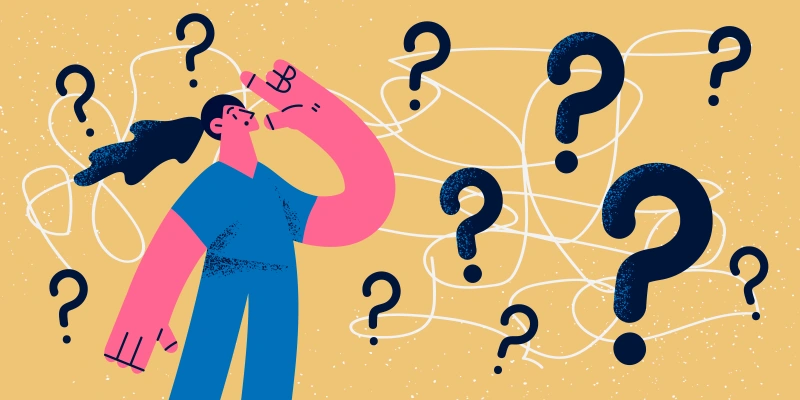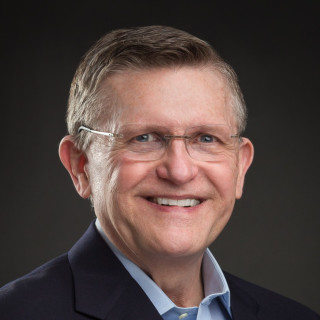The transition to clerkships is a topic that has no shortage of commentary. From dealing with the subjectivity of evaluations to managing the balance between studying and working, the third year of medical school receives considerable attention. Rightfully so, as it marks a significant transition point in learning. It is a point at which the workplace (and all of its chaos) becomes the classroom. However, the challenge of third year is not simply a function of the difficult attending or long shifts, but rather it is the constant and steady hum of uncertainty that permeates each day. Recognizing and acknowledging that this uncertainty is a challenge that will persist throughout our entire careers and will dictate some of our happiness, both within and outside the hospital, is possibly the biggest hurdle of the third year.
During my preclinical years, I became accustomed to the daily routine. Expectations were clear. Each week followed a predictable, steady pattern, and results were a direct function of the effort invested.
Clerkships could not be more different. By and large, the notion of routine is gone, and a number of variables that are decidedly out of your control enter the picture. All of a sudden, the function you thought you understood becomes so convoluted that it is entirely impossible to predict the outcome. There is no "one thing" you can do to guarantee success as you aim to juggle studying for exams while being efficient in a new workplace, demonstrating your knowledge, and helping out your team. Sometimes, results will simply be dependent on you being in the right place at the right time. To add to the confusion, rotations you thought you would adore turn out to be not at all like what you expected, and vice versa. The person you understood yourself to be for so long is being challenged and constantly evolving. This is, understandably, distressing, as the equation you have relied on for most of your life has stopped yielding the expected result. Predicting the next day, let alone the next few months, feels impossible.
Initially, this struggle appears to be a byproduct of clerkships. An outcome that is secondary to all of the other things we are learning to do, be it suturing or doing a physical exam. However, I gradually came to realize that clerkships were, in part, an education in uncertainty.
Clerkship was an introduction to the art of medicine, which, in many ways, is how we reconcile our continuously expanding knowledge base with the fact that, no matter how much clinical knowledge we accumulate, we may never truly be certain of the ultimate outcome. We must learn how to operate in the quiet between convictions without the promise of certainty at the end.
This is the same challenge that will come to define our careers and how skilled a physician we become. In Robert Harris' book "Conclave," he writes with respect to faith that, "Faith is a living thing precisely because it walks hand in hand with doubt. If there was only certainty, and if there was no doubt, there would be no mystery, and therefore no need for faith."
Although Harris' book couches uncertainty within the larger context of the Catholic faith, one can argue that the same line of thinking can be applied to medicine. Inherent to the practice of medicine is uncertainty. Certainty is an ideal that we strive toward in medicine, but as asymptotic as we might get, it is never fully realized. We can never be certain about a diagnosis or treatment, and oftentimes, just when we think we are, medicine surprises us. Each assessment or plan we propose is situated within the broader context of uncertainty that pervades the entire medical profession.
With time and experience, I realized that the uncertainty I was facing during third year wasn't another problem that I could solve if I simply tried harder. Ironically, the more I sought to absolve myself of it, the more pervasive it became. For instance, on my internal medicine rotation, I often found myself struggling with writing problem lists. When was "#diabetes" and "#CKD" one problem, and when was it two separate ones? When would I ever feel sure? Residents kept telling me that I would never feel certain, but with time, I would be able to reason my way through what was most likely and articulate my position more effectively.
In life, both within and outside medicine, we shouldn't strive to be unequivocal about anything. The more helpful approach is to recognize that time brings experience, and as we gain experience, we will have more to draw from to determine what is more or less likely in a certain situation. For now, the job remains to simply practice navigating a world filled with uncertainty and recognizing that doubt is a natural part of the journey, not a flaw.
How has uncertainty factored into your experience in the medical field? Share in the comments!
Neha Sahota is a second-year medical student at USC Keck. Outside of medicine, she likes to read, travel, and try new coffee shops. You can find her here on LinkedIn. Neha Sahota was a 2024–2025 Doximity Op-Med Fellow.
Image by Denis Novikov / Shutterstock






